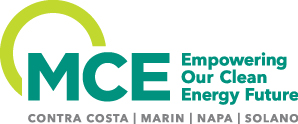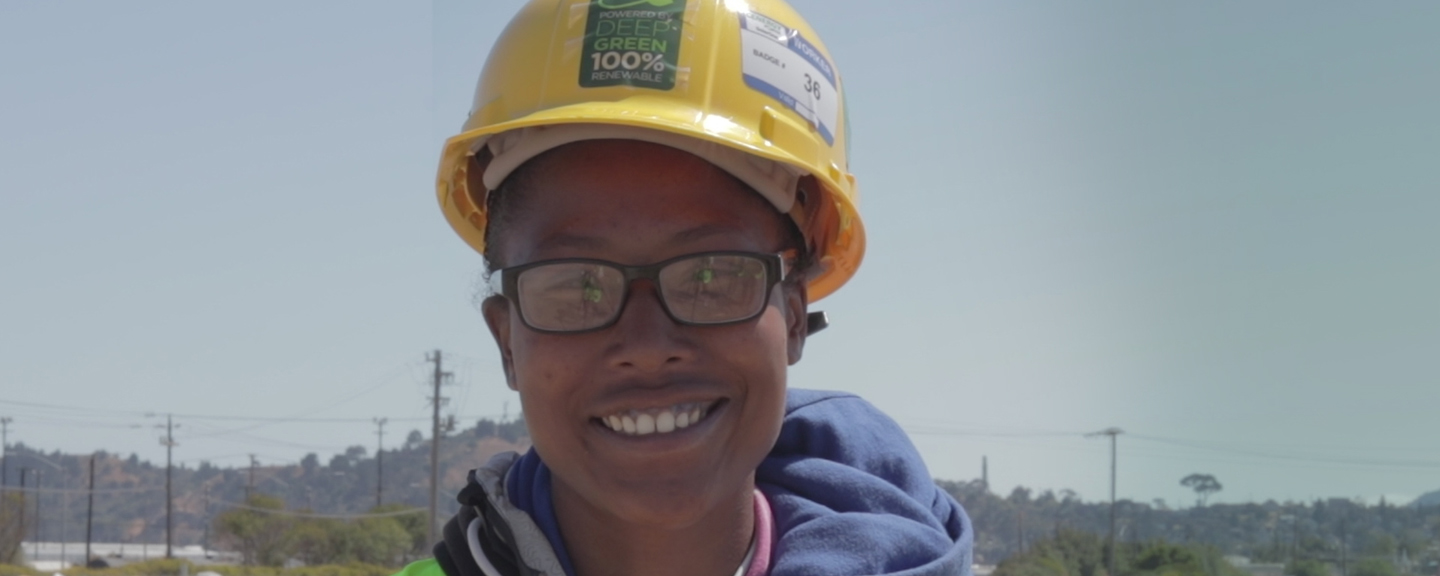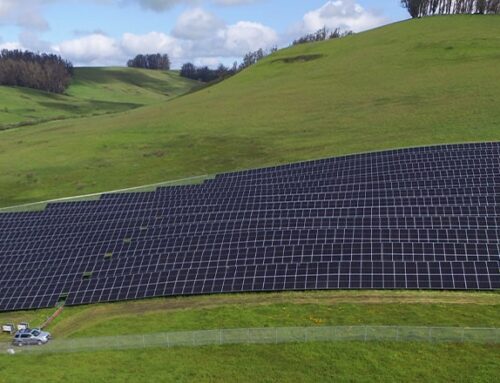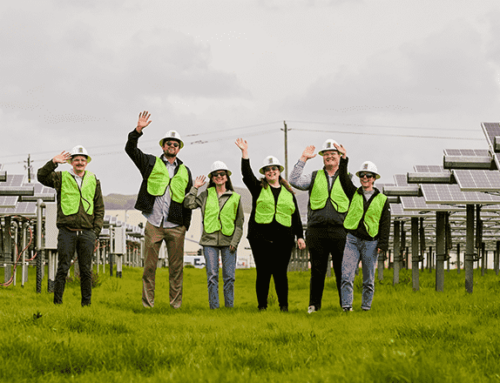Workforce Development
Changing Landscapes: Creating Opportunities
In today’s economic climate in the Bay Area, many struggle with the rising cost of living. MCE is committed to helping protect our communities from gentrification and displacement by supporting the development and training of local talent with skills necessary to access living-wage clean energy employment. The Bay Area has a rich history of industrial labor and we believe those jobs can continue to thrive as the energy landscape evolves toward a sustainable economy.
Creating employment opportunity in the field of sustainability is key to securing a just transition to a clean energy economy. This is especially true in areas where the fossil fuel industry has long been a source of work and income for generations of families. To ensure these workers aren’t left behind in a decarbonized energy future, training programs are needed to re-tool community members with the skills needed to enter the green economy.
MCE has supported various workforce development training and career pathways through its service area through the construction of local solar projects, direct installation of energy-efficiency measures, and even call center staffing.
Contra Costa County
MCE has partnered with nonprofit partner Rising Sun Energy Center, to train local youth to provide no-cost energy savings and water assessments in Richmond, El Cerrito, and San Pablo. MCE has also worked with nonprofit partner, RichmondBUILD, to train students with construction, numeracy, and literacy skills, and later connect them with related jobs for large-scale solar installation and an LED streetlight retrofit project in Richmond. In Pittsburg, MCE helped coordinate the presence of a new call center and partnered with Future Build East County and Calpine to train students on call center basics, call handling, energy data, and more. Graduates were offered positions at the new call center, directly creating a pipeline from training to relevant employment.
Marin County
MCE has partnered with the Marin City Community Development Corporation since 2012 to train at least 62 disadvantaged community members and connect them to solar installation and energy-efficiency jobs.
Napa and Solano Counties
Recent efforts in Napa include connecting the Workforce Alliance of the North Bay (WANB) with our Feed-In Tariff (FIT) project developer partners in an effort to create pipelines from training to jobs. MCE’s FIT program provides the market incentive to catalyze renewable energy projects that meet local permitting requirements. MCE hopes that fruitful partnerships with workforce development agencies like WANB will provide workers with the skills needed to be hired for renewable energy project development and construction through the FIT program.
Achievements and Plans: Looking Forward
Since 2012, MCE has allocated $345,000 toward low-income solar rebates, helping to build 98 systems totaling nearly 207 kW of new rooftop solar. Installed with volunteer labor, each project helps provide skilled experience to job seekers while simultaneously benefiting the recipients with low- to no-cost residential solar panels. GRID Alternatives reports that program participants will save over $2 million on monthly utility bills and will eliminate over 4,000 metric tons of greenhouse gas emissions over the lifetime of the panels.
The California Public Utilities Commission recently approved an additional $2.24 million for MCE to use in workforce development activities from 2019-2025. MCE’s Community Power Coalition will meet to discuss these funds and how to incorporate community leaders who can effectively identify gaps and opportunities in this field.






